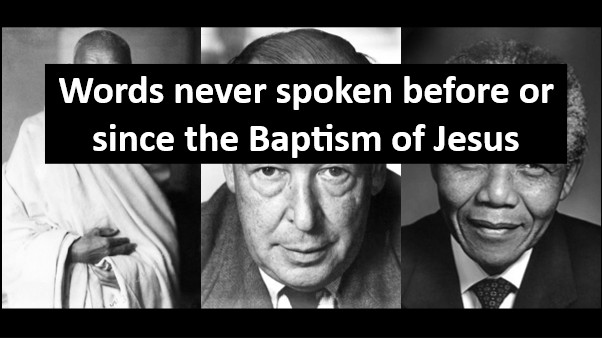The Transfiguration: Listening to the Beloved Son in a World of Empires
Why did Matthew tell us of the transfiguration? Why does he frame it as Jesus’ response to the depression his disciples fell into when they learned about the crucifixions in their own futures? Why does he tell us about Peter’s tent-construction proposal? Why was God so “political” in the way he addressed Jesus?










